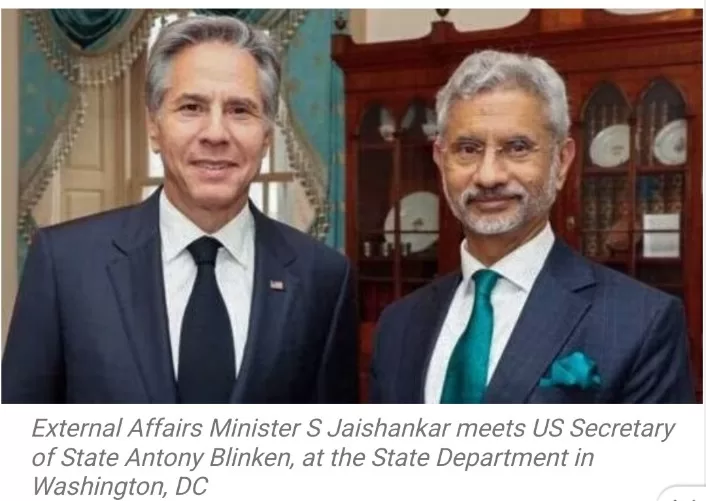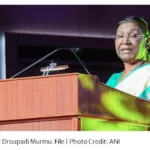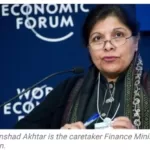In a high-stakes diplomatic move, India’s External Affairs Minister, S. Jaishankar, engaged in discussions with senior US officials on Friday, addressing the escalating tensions between India and Canada. The diplomatic discord arose following Canadian Prime Minister Justin Trudeau’s accusations against New Delhi of complicity in the recent assassination of Khalistani extremist Hardeep Singh Nijjar. India has vehemently denied these allegations.
Jaishankar, who met with US Secretary of State Antony Blinken and National Security Advisor Jake Sullivan, clarified India’s stance. “The Canadian PM made initial allegations privately and then publicly. Our response, both privately and publicly, emphasized that the allegations did not align with our policy. We conveyed our readiness to investigate any specific and relevant information they might possess,” he stated.
This dispute, characterized by longstanding friction, has been reignited due to what India perceives as a lax Canadian attitude towards terrorists and extremist individuals who openly promote violence. “Canada has provided a platform for organized crime, human trafficking, secessionism, violence, and terrorism. Regrettably, our diplomats in Canada have faced intimidation, rendering it necessary to temporarily suspend visa operations,” Jaishankar added.
The External Affairs Minister highlighted the complex blend of issues and actors at play in Canada, underscoring the gravity of the situation. This diplomatic discourse assumes paramount importance given its global implications and the strategic importance of India in the international arena.
As the situation continues to evolve, India remains committed to resolving the diplomatic impasse, ensuring the safety of its diplomatic personnel, and upholding its stance against terrorism and extremism.
This diplomatic saga underscores the need for collaborative efforts among nations to combat terrorism and extremism, as the world grapples with increasingly complex security challenges.







